Interior Cabinet Secretary Kipchumba Murkomen has revealed plans to increase the number of police stations and police posts in select regions in the next financial year.
According to a statement released on Saturday, July 19, Murkomen cited rising insecurity in the Kerio Valley Belt. This region has seen ongoing conflict, particularly between the Pokot and Marakwet communities, often triggered by competition over resources such as pasture and water.
“Samburu County still faces banditry and cattle rustling challenges despite intensified security operations,” Murkomen stated. “This is owing to poor road network, proliferation of small arms from neighboring countries, low network coverage, land conflicts, and boundary disputes.”
The CS acknowledged that while security interventions have yielded some results, including the recovery of stolen livestock and a reduction in urban robberies, the government was taking more action to stabilize the situation fully.
“To stabilize the security situation, we will scale up security operations in the county and the entire Kerio Valley belt,” he stated.
Read More
Murkomen added that the government intends to operationalize newly gazetted administrative units in the coming weeks, beginning with Samburu West.
Additionally, he announced plans to fast-track the tarmacking of the Maralal-Baragoi road and to support ongoing peace-building initiatives in the affected areas.
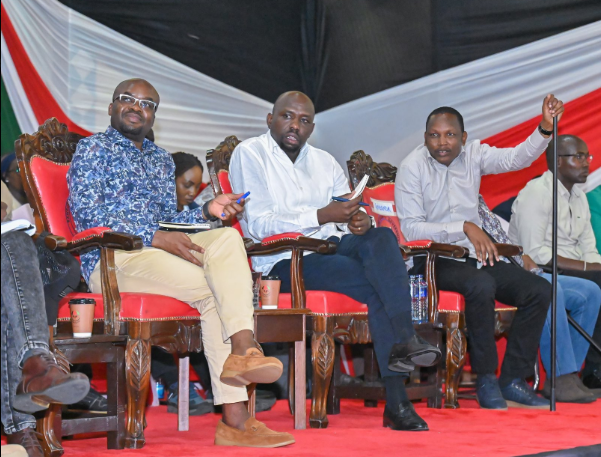
These are the days after the CS highlighted ongoing efforts to improve access to civil registration services in remote and underserved areas of Samburu County.
“Samburu is one of the counties where access to ID registration services is challenging owing to the vastness of the area, insecurity issues, and poor road network,” he had then stated.
Addressing the issue, Murkomen revealed that the government was in the process of piloting a Mobile Live Capture Unit, a portable, battery-powered machine designed to capture and submit ID applicant data electronically for faster processing.
Once fully rolled out, registration officers will be deployed to underserved communities and secondary schools to register applicants, who will be able to receive their ID cards within three days.
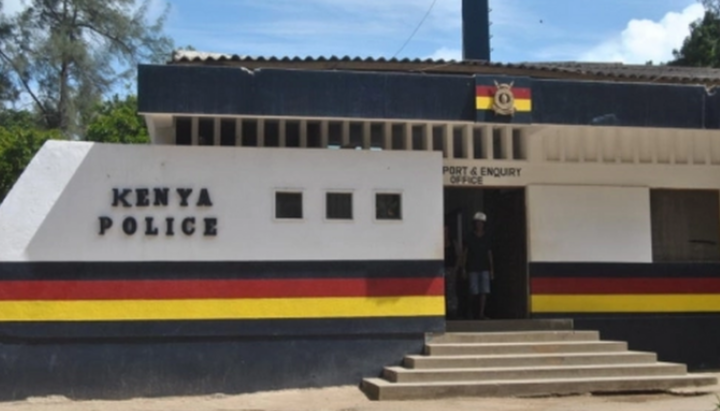
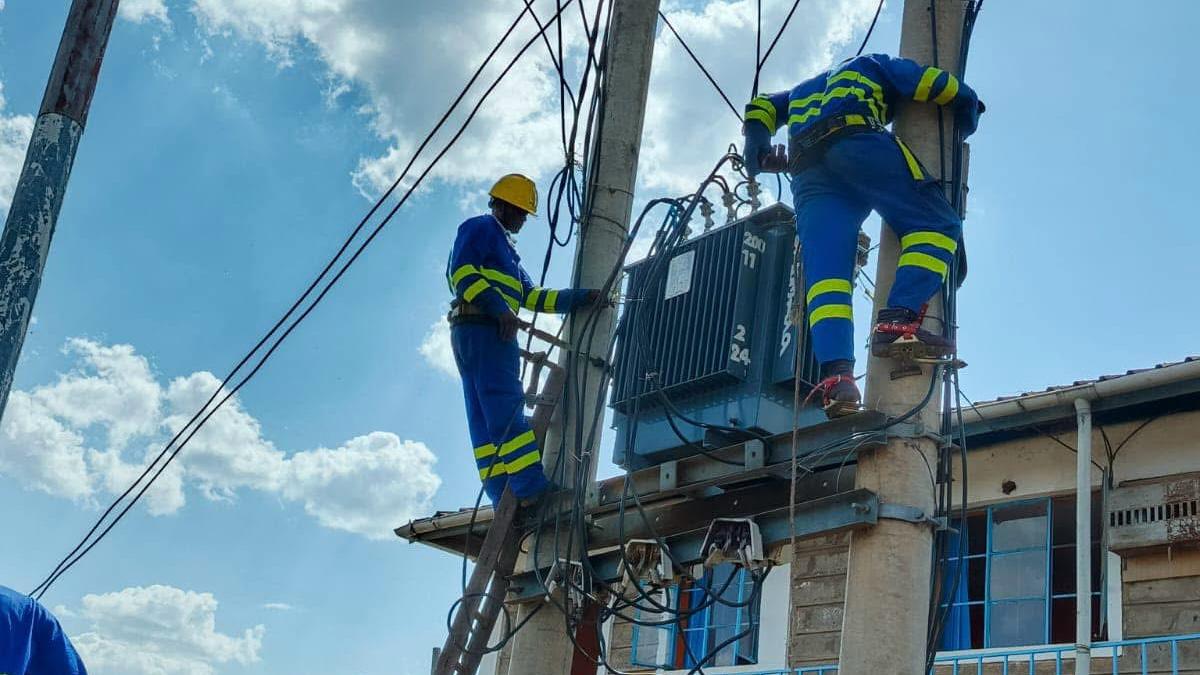
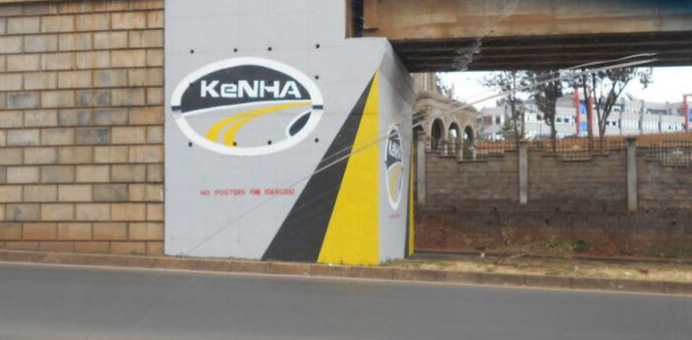
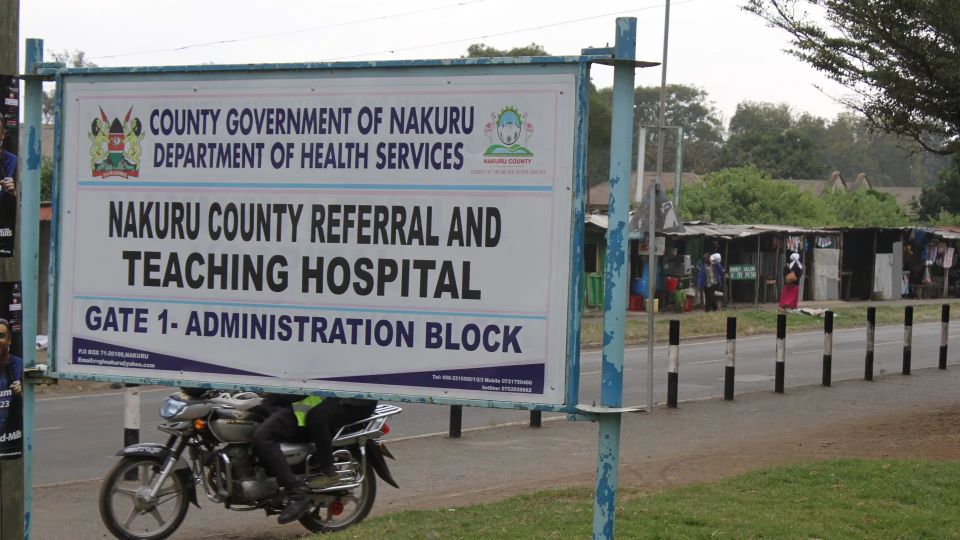
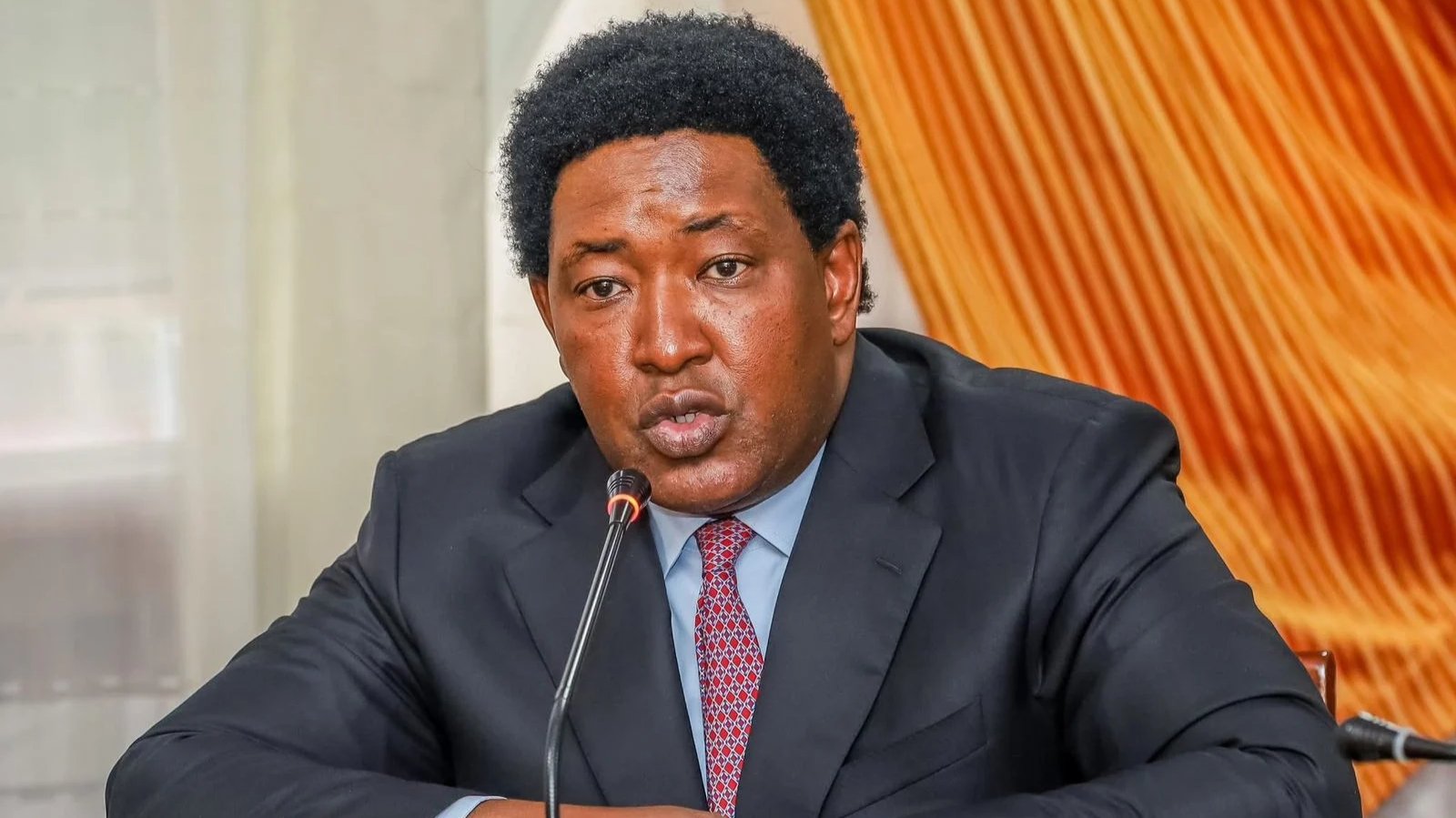
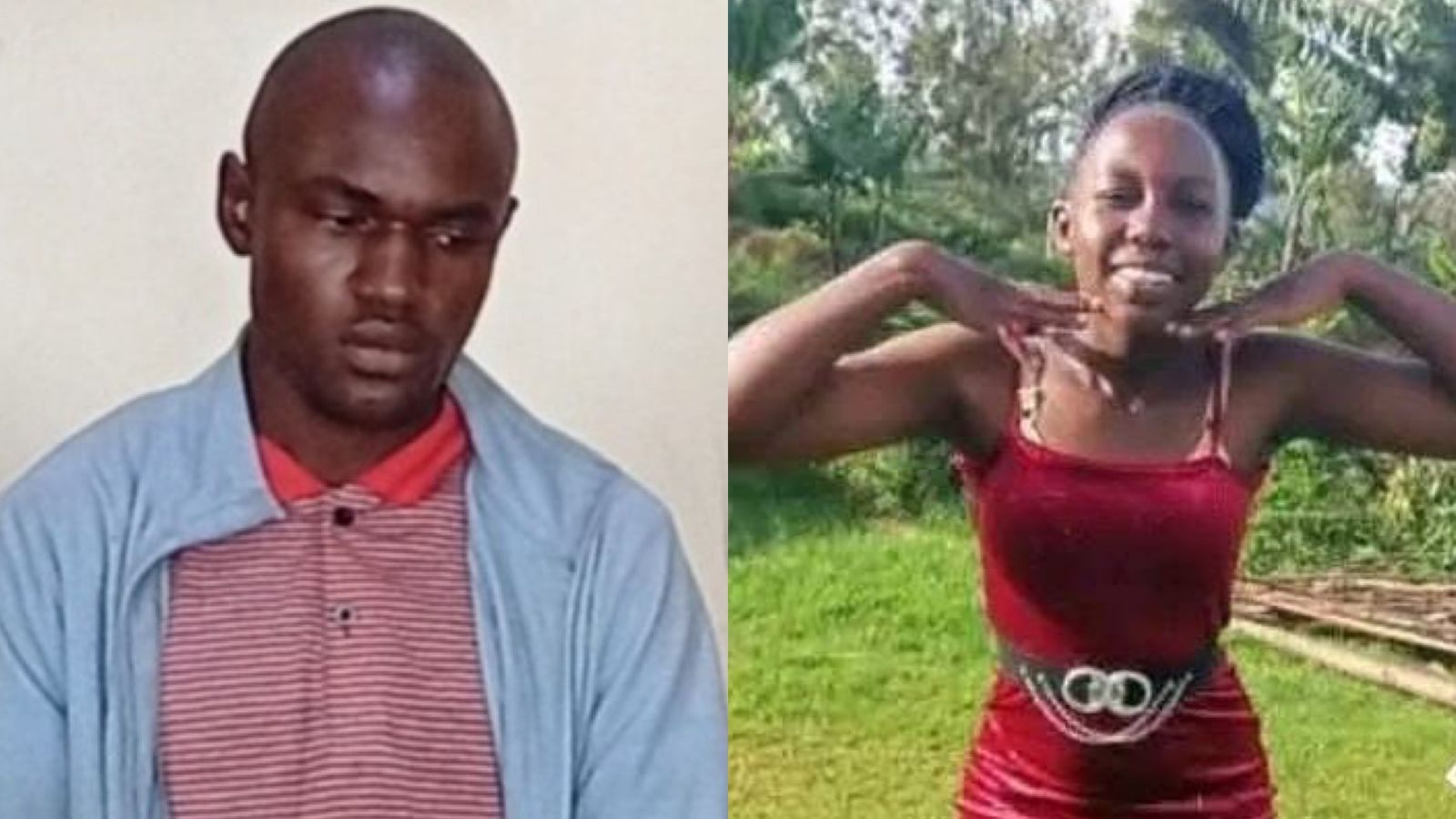
-1757153817.jpg)
-1757158692.jpg)